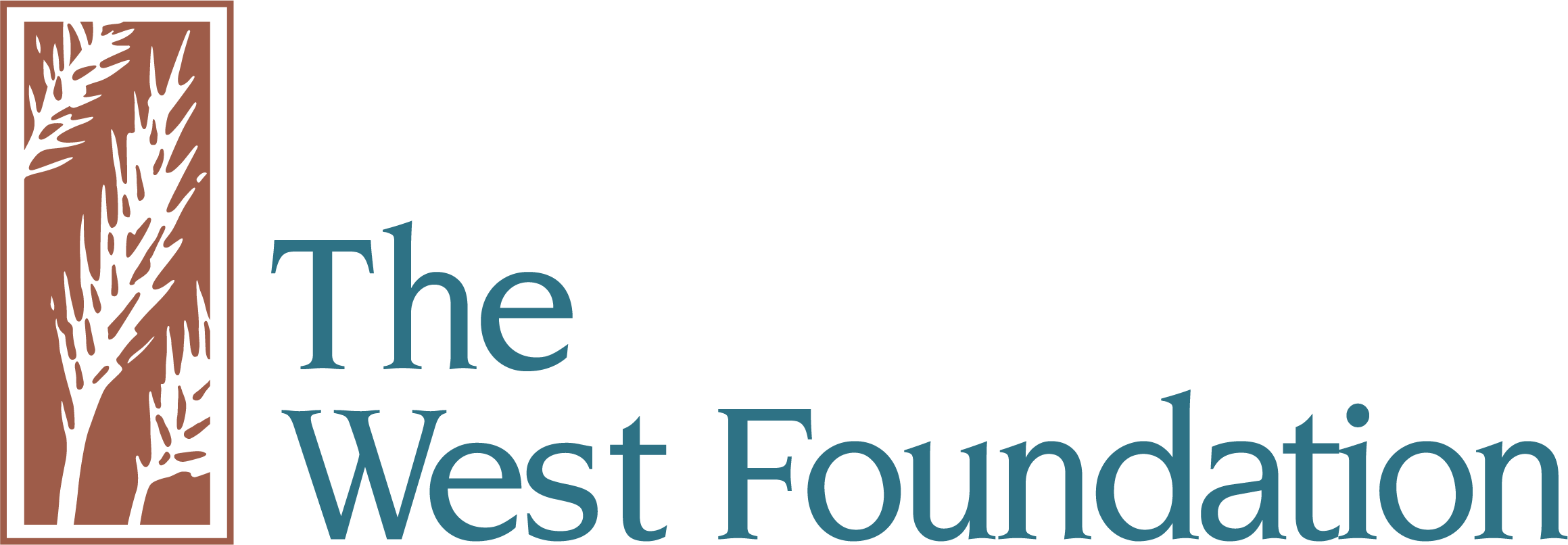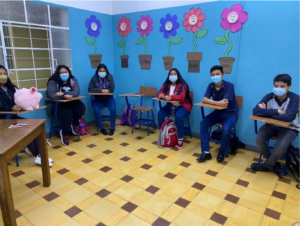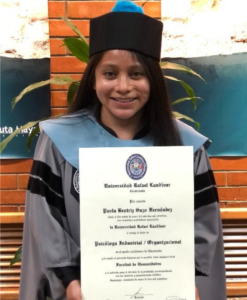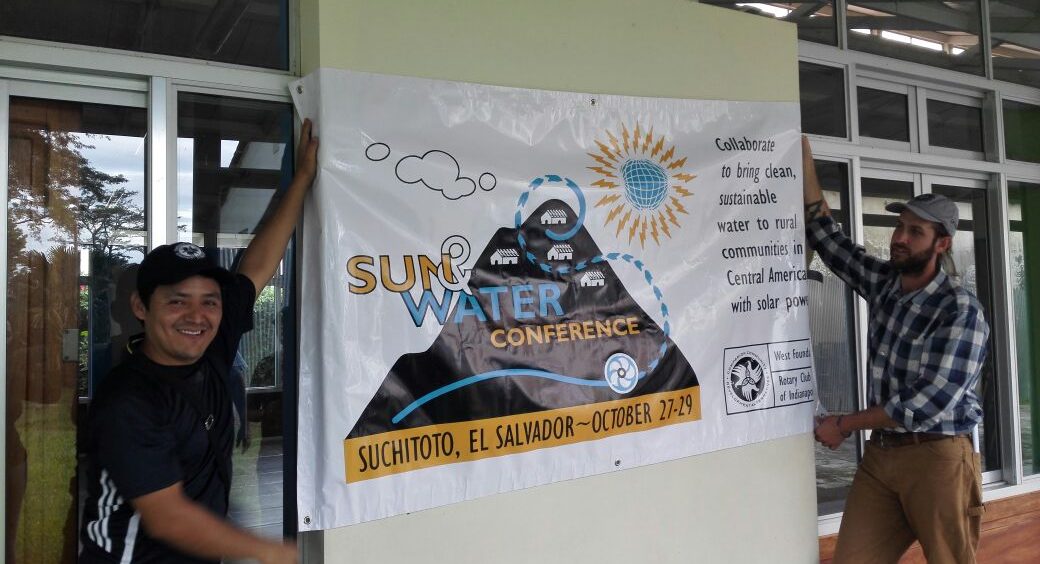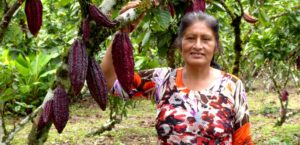Building Tomorrow improves access to child-friendly, community-supported schools by providing an inclusive, quality education for underserved children in East Africa. The West Foundation is pleased to share this update on their behalf:
In the midst of what became the world’s longest school closure as a result of COVID -19, Building Tomorrow doubled down throughout 2021 to keep children learning. With classrooms shuttered and school-going routines forgotten, the Building Tomorrow team worked relentlessly to ensure as many learners as possible could safely gather and strengthen their foundational learning skills in preparation for an eventual return to school. None of this would have been possible without the dedication, commitment, and resolve of an ever-growing corps of 5,500+ Community Education Volunteers (CEVs) who not only delivered our Roots to Rise programming to more than 13,500 learners, but were also appropriately recognized by the Government of Uganda as critical frontline workers, enabling them to be among the first to receive their COVID -19 vaccination. Now, more than ever, we believe CEVs —proximate, locally-engaged lay leaders —will play a critical role in delivering literacy and numeracy for all children, allowing them to benefit from universal access to inclusive, quality education.
Other community-led projects support students as well. Building Tomorrow Fellows in Nakasongola, Central Uganda are helping rural girls return to and stay in school by teaching them how to manage their menstrual cycle with sustainable sanitary pads made entirely from local materials.
This initiative was spearheaded by an unlikely menstrual health advocate: a male CEV named Nicholas. In his own youth, Nicholas recalls laughing at girls in his primary school for getting their periods, which is still a common issue among young boys. But over time, he realized just how big an impediment to education a young woman’s period can be.
Fellow Nelson spearheaded this campaign with the goal of bringing more men into conversations about menstruation.
“I realized that this issue actually causes many girls to drop out,” Nelson says. “In a patriarchal society like this one, all financial decisions are handled by men. Oftentimes, young women don’t feel comfortable going to their fathers to ask for pads, or the father doesn’t understand why it’s an important investment. That’s why it’s so important for me to bring more men into menstrual health advocacy and to have more male teachers be sensitized on the topic.”
Read the full story of this project on Medium: https://medium.com/@buildingtomorrow/ending-period-poverty-one-pad-at-a-time-9f97db475624
Website: Building Tomorrow
